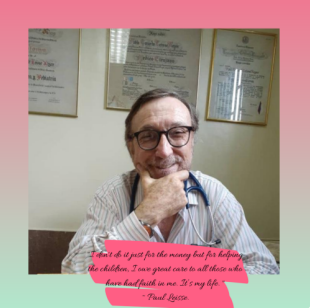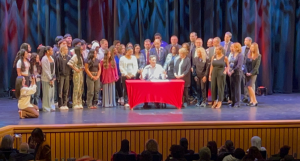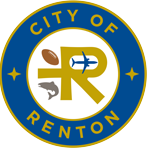The efforts of a doctor and how his work is affected by the problems of his country at the political level.
December 2, 2021

Medicine is the science and practice of caring for a patient, managing the diagnosis, prognosis, prevention, treatment, palliation of their injury or illness, and promotion of their health. People who study this career usually have external reasons that inspire them to want to help people and their health, in addition, they usually have a medical specialization. However, this work can also be affected by multiple factors. […]
We know that Venezuela is a place that is under the corruption of its government so the quality of life and the economy of the country has declined, as well as the quality of labor and education. For these reasons, today I have interviewed Dr. Paul Leisse to talk to us about his work as a physician and how a career/employment in medicine is currently affected by the situation in Venezuela.
*Clarification: This interview was done by videoconference since my grandfather lives in my home country.*
What inspired you to study medicine and what do you specialize in?
I was inspired by my love for children, being able to help them. Knowing the development of each part of the body and its physical condition, I love to examine and teach. I specialized in pediatrics.
What is it like to be a doctor in Venezuela today?
Frustrating. There are no good hospitals, the equipment is obsolete, those that are good have been damaged and there are no spare parts. Some doctors have migrated. They do not reach salaries for consultations to be paid in full. There is not much opportunity today, there is a progressive deterioration of health in Venezuela that mainly affects the old middle class that no longer exists.
How has the country’s poor situation affected doctors, hospitals and medical resources?
Seriously. Doctors are very poorly paid, they lack protective equipment such as gloves, face masks, gowns… Hospitals deteriorate, ceilings have poor quality, they can even fall off. Young people are now graduated in just two years and at two years of age absolutely nothing about medicine is learned. It could be said that the new graduates of “medicine” here do not meet the requirements, and in the resources, because they are not good enough, of good quality and there is no way to pay for them.
What has been the most relevant case for you as a physician throughout your career?
A nine-year-old girl at Christmas time. She had lechina, became complicated with pneumonia, pleural effusion and led to multiorgan failure, with insufficiency of epatica and renal failure. All this means that the kidneys
and liver stopped working. She was hospitalized for 21 days, but I achieved her full recovery. It was a very hard December for me. I stopped going home on Christmas Eve and the next day my father died.
Do you think it is worth the effort to practice/ continue practicing your profession in Venezuela, despite how the situation of the country affects you?
Of course. Because it is my country and my patients. I don’t do it just for the money but for helping the children, I owe great care to all those who have had faith in me. It’s my life.
This interview demonstrates that a physician’s work environment can be affected by political, social, and economic situations; however, this will not prevent physicians from fulfilling their vocation, because their desire is to do the impossible to save lives, so they will not give up and will fight for a world full of life and good health.






